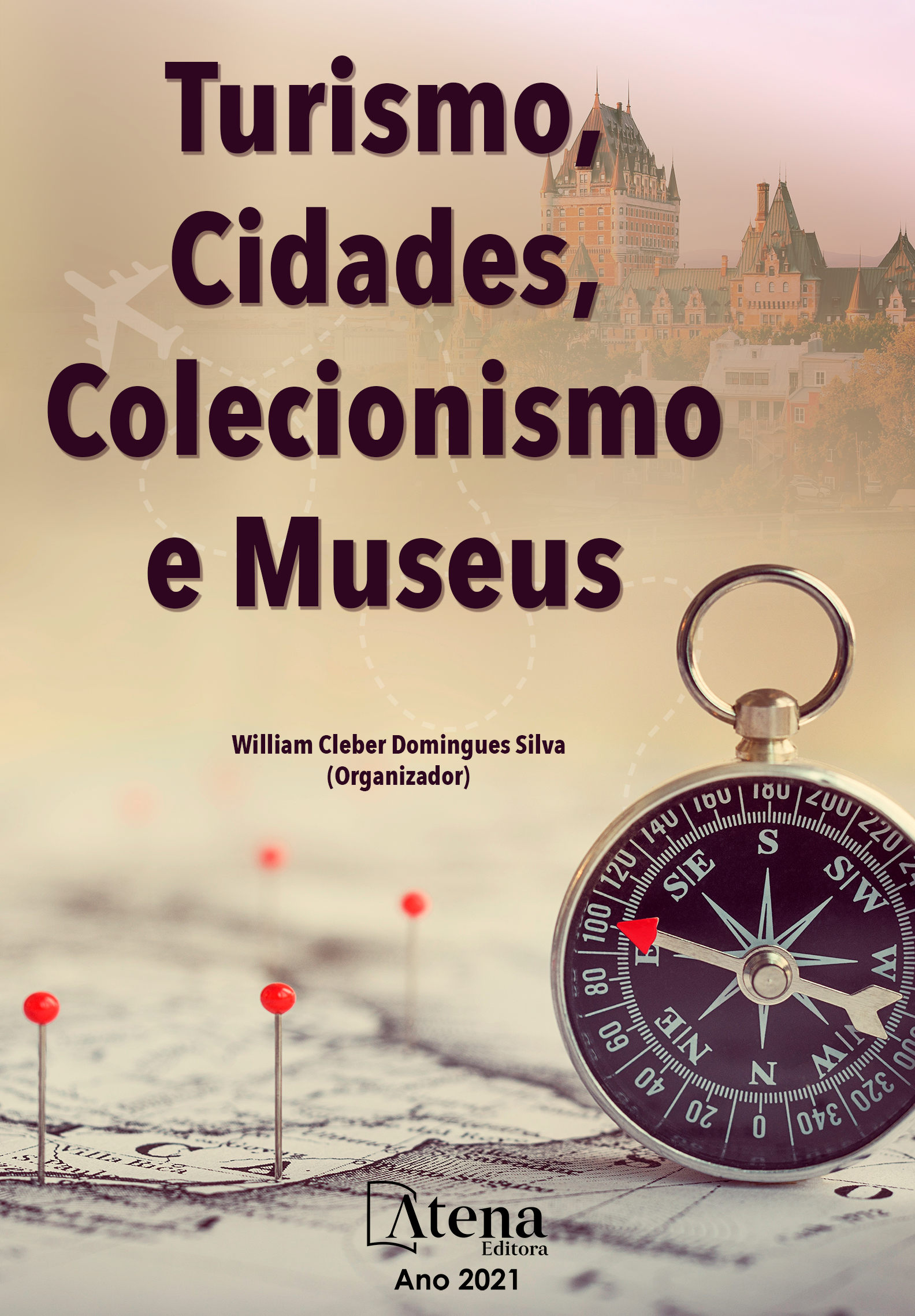
A questão da Hospitalidade face a nova coexistência cultural no território Europeu contemporâneo: Desafios para o fazer turismo
Este artigo é proposto com base no livro sagrado do islamismo, inspirado pelo conceito de tolerância em Rousseau, e do pensamento Cristão predominante no ocidente. Pretende compreender as origens históricas dos conflitos da jihad (guerra santa), e alguns motivos para possíveis repulsas existentes por parcela da sociedade ao deslocamento migratório contemporâneo muçulmano aos países europeus, alvos de ações terroristas, e seus prováveis efeitos na hospitalidade local. Do mesmo modo, pondera incompatibilidades em situações de coexistência, suas principais causas e questiona a validação de todas as manifestações ditas culturais. A metodologia proposta foi de natureza qualitativa, e seus resultados auxiliam para a compreensão de como as práticas de hospitalidade e o sentido de tolerância são afetados nos locais com ameaça terrorista; avalia linhas de leituras políticas, culturais e acadêmicas sobre hospitalidade, ética e tolerância, considerando as culturas envolvidas nos processos em que estão presentes ameaças e/ou práticas de ações terroristas em locais de fluxo turístico. A análise dos ataques terroristas, através dos mapas, possibilita compreender as movimentações migratórias e as inconstâncias entre autóctones e imigrantes face a coexistência cultural não planejada. As inseguranças existentes prejudicam o turismo em lugares afetados pelos atentados, como Barcelona, Paris e Turquia, entre outros. O setor do turismo e da hospitalidade são os primeiros a sentirem o revés que ocorre após ameaças ou atentados propriamente ditos, pois colocam os turistas em situação de apreensão e insegurança. Na conclusão versa-se a importância do conhecimento prévio cultural anteceder as políticas de planejamento do espaço turístico, migrações e formas acolhimento, que tornaria a coexistência entre culturas difusas algo menos complexo do que ocorre atualmente e, também, questiona a validação in contesti de toda forma dita cultural, de forma específica quando não há desejo real de coexistência pacífica.
A questão da Hospitalidade face a nova coexistência cultural no território Europeu contemporâneo: Desafios para o fazer turismo
-
DOI: 10.22533/at.ed.42421310310
-
Palavras-chave: Ética; Tolerância; Hospitalidade; Terrorismo; Turismo.
-
Keywords: Ethic; Tolerance; Hospitality; Terrorism; Tourism .
-
Abstract:
This article is proposed based on the holy book of Islam, inspired by the concept of tolerance in Rousseau, and by the Christian thought prevalent in the West. It aims to understand the historical origins of jihad (holy war) conflicts, and some reasons for possible repulsions existing by the society to the contemporary Muslim migratory displacement to European countries, target of terrorist actions, and their likely effects on local hospitality. Likewise, it considers incompatibilities in situations of coexistence, its main causes and questions the validation of all of the so-called cultural manifestations. The proposed methodology was of a qualitative nature, and its results help to understand how hospitality practices and the sense of tolerance are affected in places with a terrorist threat; it evaluates lines of political, cultural and academic readings on hospitality, ethics and tolerance, considering the cultures involved in the processes in which threats and/or practices of terrorist actions are present in places of tourist flow. The analysis of terrorist attacks, through maps, makes it possible to understand migratory movements and the inconsistencies between indigenous and immigrants in face of unplanned cultural coexistence. The existing insecurities hinder tourism in places affected by the attacks, such as Barcelona, Paris and Turkey, among others. The tourism and hospitality sectors are the first ones to experience the setback that occurs after threats or attacks themselves, as they put tourists in a situation of apprehension and insecurity. In conclusion, the importance of prior cultural knowledge precedes the planning policies of the tourism space, migrations and forms of reception, which would make the coexistence between diffuse cultures something less complex than what currently happens and also questions the validation “in contesti” of all of the so-called cultural forms, specifically when there is no real desire for peaceful coexistence.
-
Número de páginas: 19
- Flávia de Brito Panazzolo
- Eduardo Taborda de Jesus


